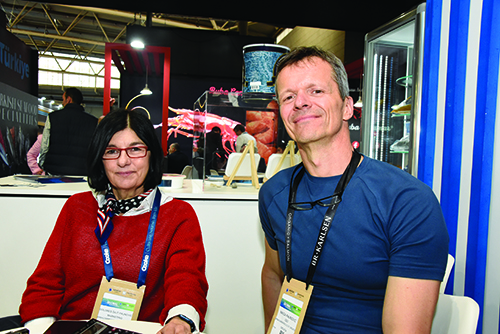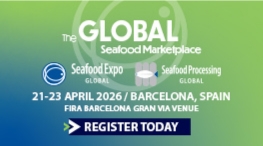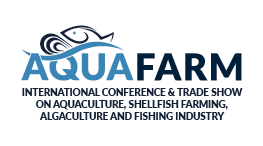This article was featured in Eurofish Magazine 4 2025.
Arbacommerce, a Croatian family-owned company run by Nikica and Dolores Paunović, has been a fixture in the Adriatic seafood industry for over two decades. Specialising in small pelagic fish such as anchovies and sardines, the company is deeply rooted in the maritime traditions of the region. Arbacommerce produces marinated and salted fish products, which are well recognised in Croatian and Slovenian markets under both its own and private labels. Despite its strong regional presence and established operations, -Arbacommerce faces significant challenges. A combination of -environmental change, regulatory constraints, and overprotection of predator species—especially tuna—has disrupted the availability of fish. Mr Paunović points out that while tuna populations have surged due to long-term protection measures, this has come at a cost to smaller fish stocks, which both humans and tuna rely on. As he puts it, “we are both interested in the same fish, but they are in the sea—we are not.”
The couple notes that pelagic fish populations are naturally cyclical, but -bureaucratic inertia and one-size-fits-all EU regulations have compounded the issues. For example, restrictions force fishermen to discard any tuna accidentally caught, even if already dead, a policy Mr Paunovic views as wasteful and illogical. To weather the downturn in local supply, Arbacommerce has turned to importing anchovies from Spain. However, the owners are clear that their identity lies in processing fresh Adriatic fish, a product they consider superior and emblematic of their cultural heritage. While their mainstay is frozen fish, which sustains the business through volume, they continue to invest in their marinated and salted lines. These products cater to niche markets and fill gaps during off-seasons. Arbacommerce supplies not only Croatia but also Italy, Spain, Slovenia, and Greece. Despite the difficulties, the Paunovićs remain committed to their trade. They hope for regulatory changes and improved conditions but stay realistic. Their focus remains on maintaining quality and preserving a centuries-old tradition in one of Europe’s most pressured seas. This business is part of our history after all, Mr Paunovic says.





